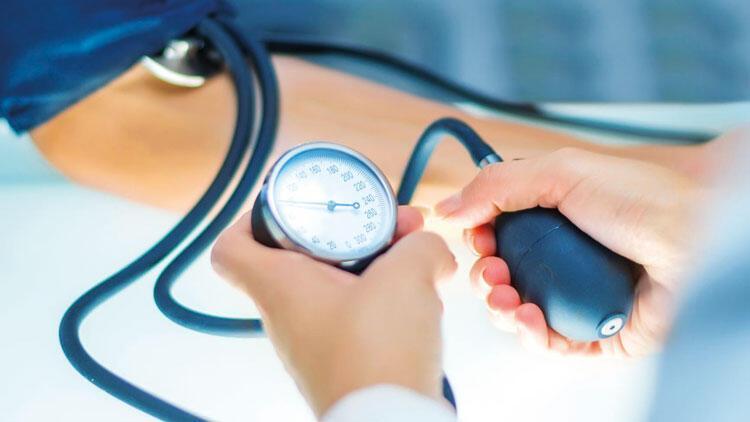
The Health Ministry has launched a project to collect the medical records of every citizen in a bid to decrease deaths due to chronic diseases.
The blood pressure records of every citizen over the age of 18 and the diabetes and heart problem risk analysis of every citizen older than 40 years will be kept under the newly established Disease Management Platform software.
Thus, primary care physicians will measure the blood pressure of every adult patient at least once a year. When a patient over the age of 40 sees a doctor, he or she will be checked for nutrition disorders, smoking and alcohol intake, and cholesterol levels. People with high blood pressure will be called in a health center at least four times a year to detect the risk of a cerebral hemorrhage. Patients will be referred to a specialist doctor or a dietitian if necessary.
Besides being able to see medical records and health risks of the patients on the Disease Management Platform, doctors will input advisory notes to each other about the patient’s health state.
In the next phase, cancer screenings will be integrated with the platform.
The project will initially be put into practice in the Central Anatolian province of Kırıkkale, the eastern province of Adıyaman, the Aegean province of Manisa and the Black Sea province of Samsun this month. The implementation of the project is expected to be carried out nationwide as of January 2020.
The aim of the project is to lower implication risks and increase the life quality of patients with chronic diseases. It is estimated that the death rates due to these diseases could be lowered 25 percent with the project until 2025.
Chronic disease ‘storm’ ahead
Experts often warn authorities about a “chronic disease storm” in the next 20 years, particularly increasing rates of diabetes and cardiac diseases.
One third of the Turkish population is overweight, one third is clinically overweight and three percent is morbidly obese, according to official data.
According to the Diabetes Foundation of Turkey, 15 percent of Turkish adults are suffering from diabetes, while one in three diabetics is not aware they have the disease.
The Turkish government’s recent policies to reduce the amount of salt and sugar intake and pave the way for a healthier society have intensified in recent months.
The Health Ministry signed a protocol on Feb. 28 with pastry shops and restaurants to reduce the amount of salt and sugar added to food.